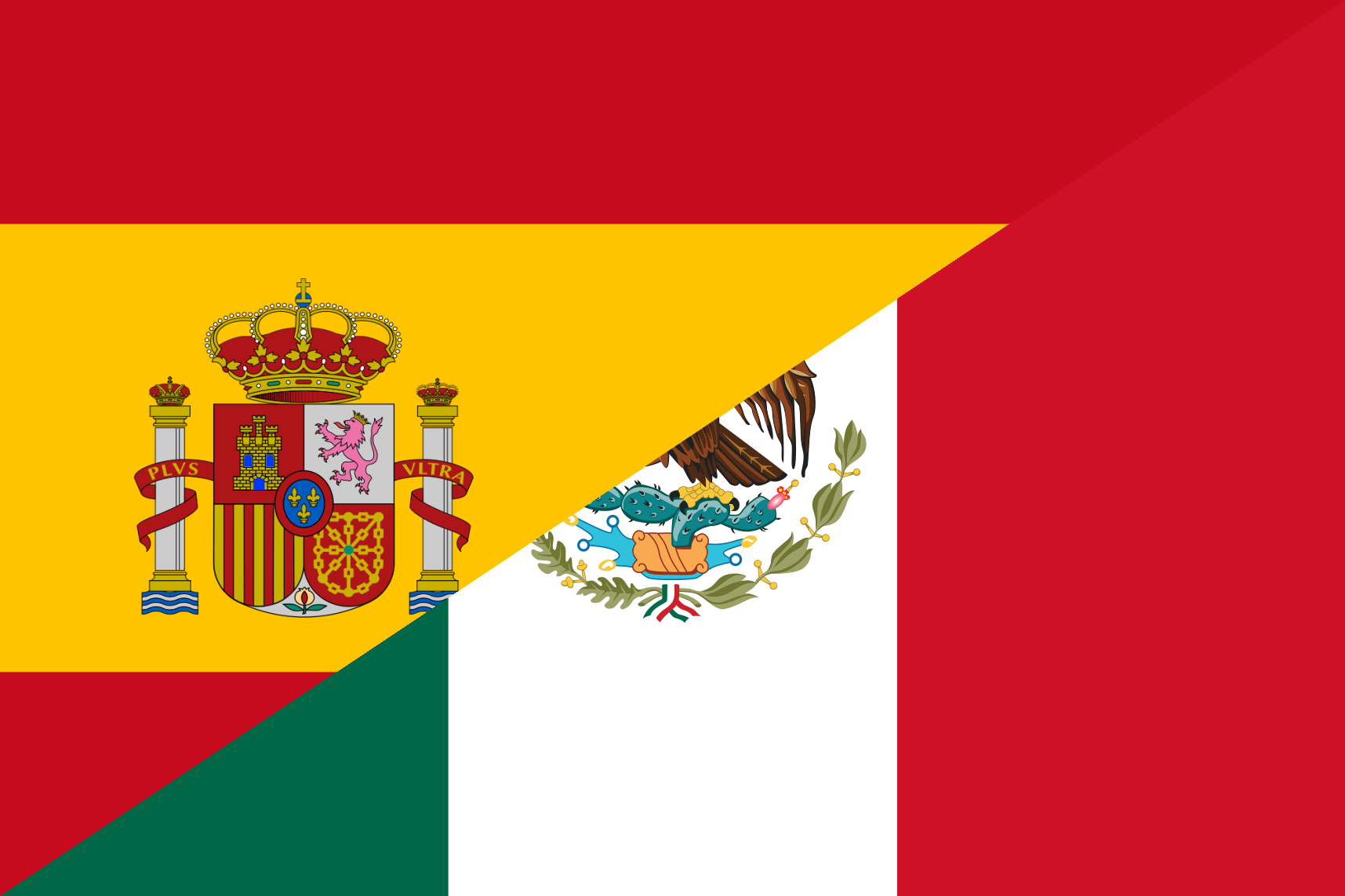español

Mane (Îngilîzî)
-
- Spanish (from or native to Spain)
- Spanish (pertaining to Spain or to the language)
Sînonîm
Pircarînî
Binavkirî wek
es‧pa‧ñol
Wekî (IPA) tê gotin
/espaˈɲol/
Etîmolojî (Îngilîzî)
Inherited from Old Spanish espanyol, espannol. Probably a thirteenth-century borrowing from Old Occitan espaignol (compare modern Occitan espanhòl, Catalan espanyol, Portuguese espanhol, French espagnol), from Vulgar Latin *Hispaniolus (“of Spain”), from Latin Hispānus, back-formed from Hispānia, assumed in comparison to Hebrew שָׁפָן (šap̄ā́n) to reflect Punic *𐤀𐤉𐤔𐤐𐤍 (*ʾyšpn /*ʔī šap̄ān/, literally “coast of hyraxes”). According to phonetic rules, if inherited from Latin, the Castilian Spanish result would have been *españuelo (though some argue that this did not take root because the suffix -uelo would be perceived as diminutive; more likely, it was simply because there was no need at the time for a common secular name for all the inhabitants of Christian Iberia/Spain, and a common identity as a unified people or entity had not yet been formed. Until then, the people used cristiano (“Christian”) to refer to themselves). The word español was supposedly imported from Provence by a medieval chronicler (it was originally introduced by pilgrims in Santiago) because there was no existing translation of the earlier Roman word Hispani when writing a chronicle of Spanish history, but this was the word Provençal speakers used to refer to the Christian kingdoms of what would later become Spain. In Old Spanish there was also a form españón which disappeared after the first half of the 14th century, possibly derived from a Vulgar Latin *Hispaniōnem. Compare also espanesco, the word Mozarabic speakers used for themselves, presumably from a Vulgar Latin *Hispaniscus.
Dest bi hînbûna spanî bi learnfeliz .
Axaftin û ezberkirina " español "û gelek peyv û hevokên din di spanî de pratîk bikin.
Biçe rûpela qursa me ya spanî
Notes
Sign in to write sticky notes
Hevokên
Questions


